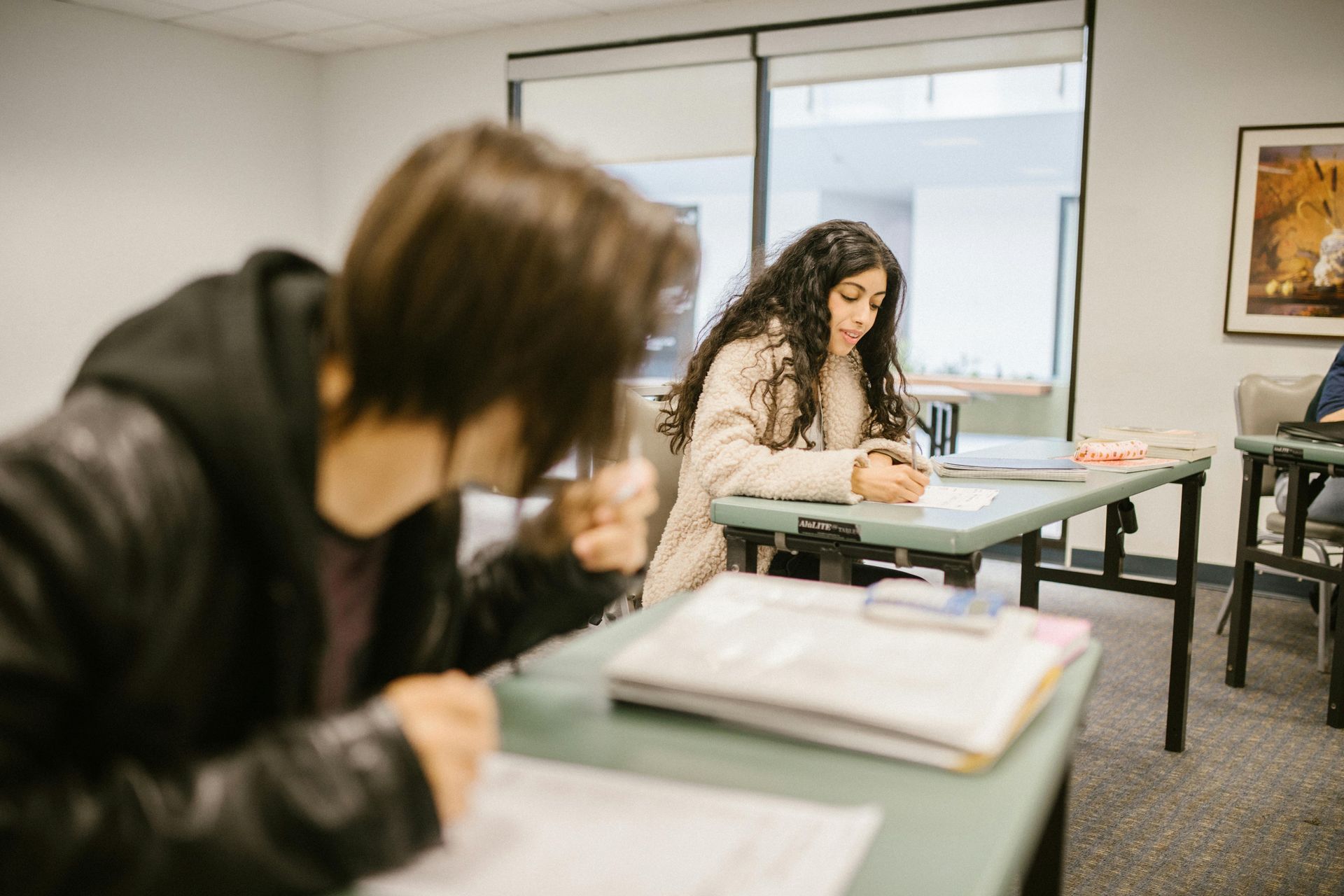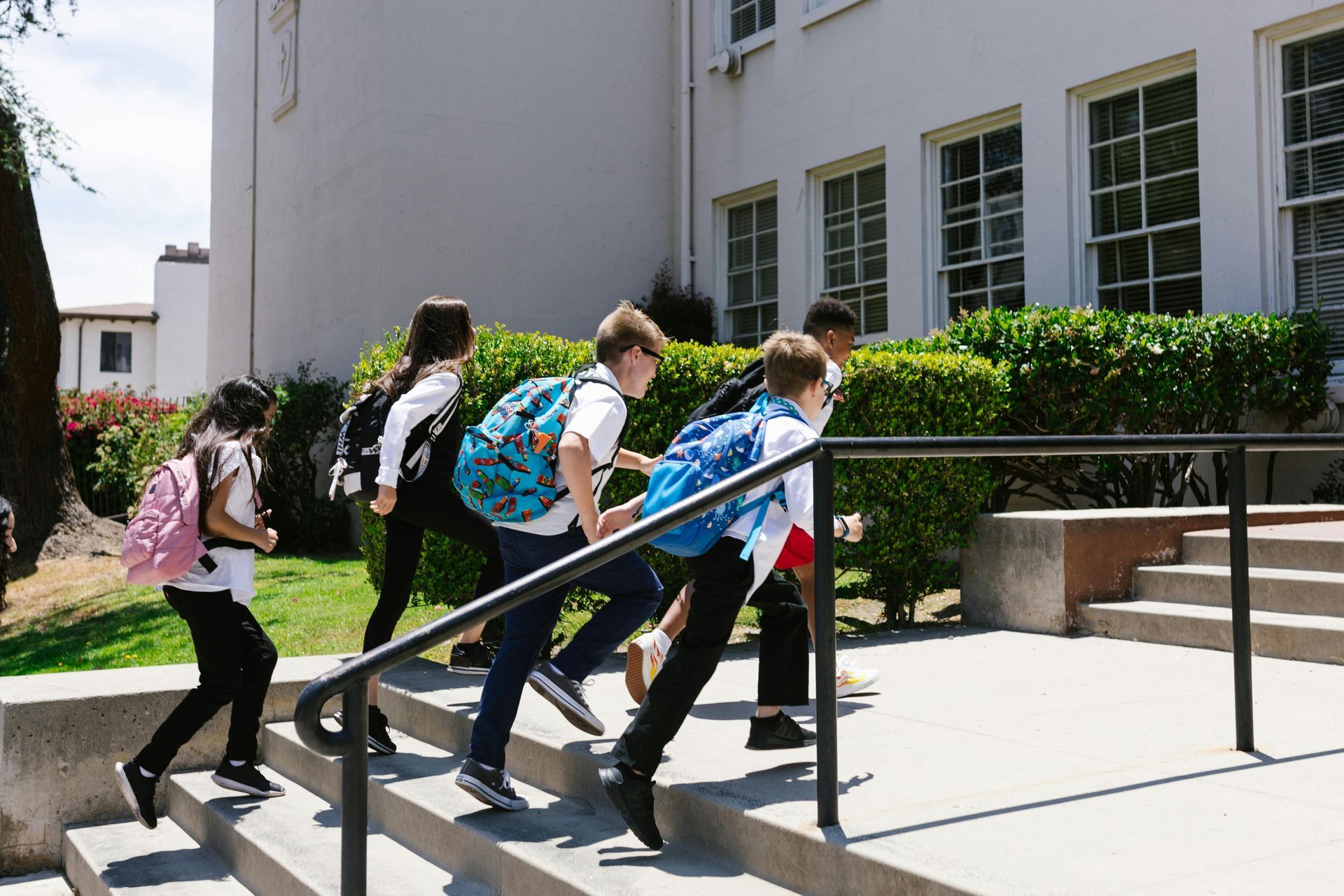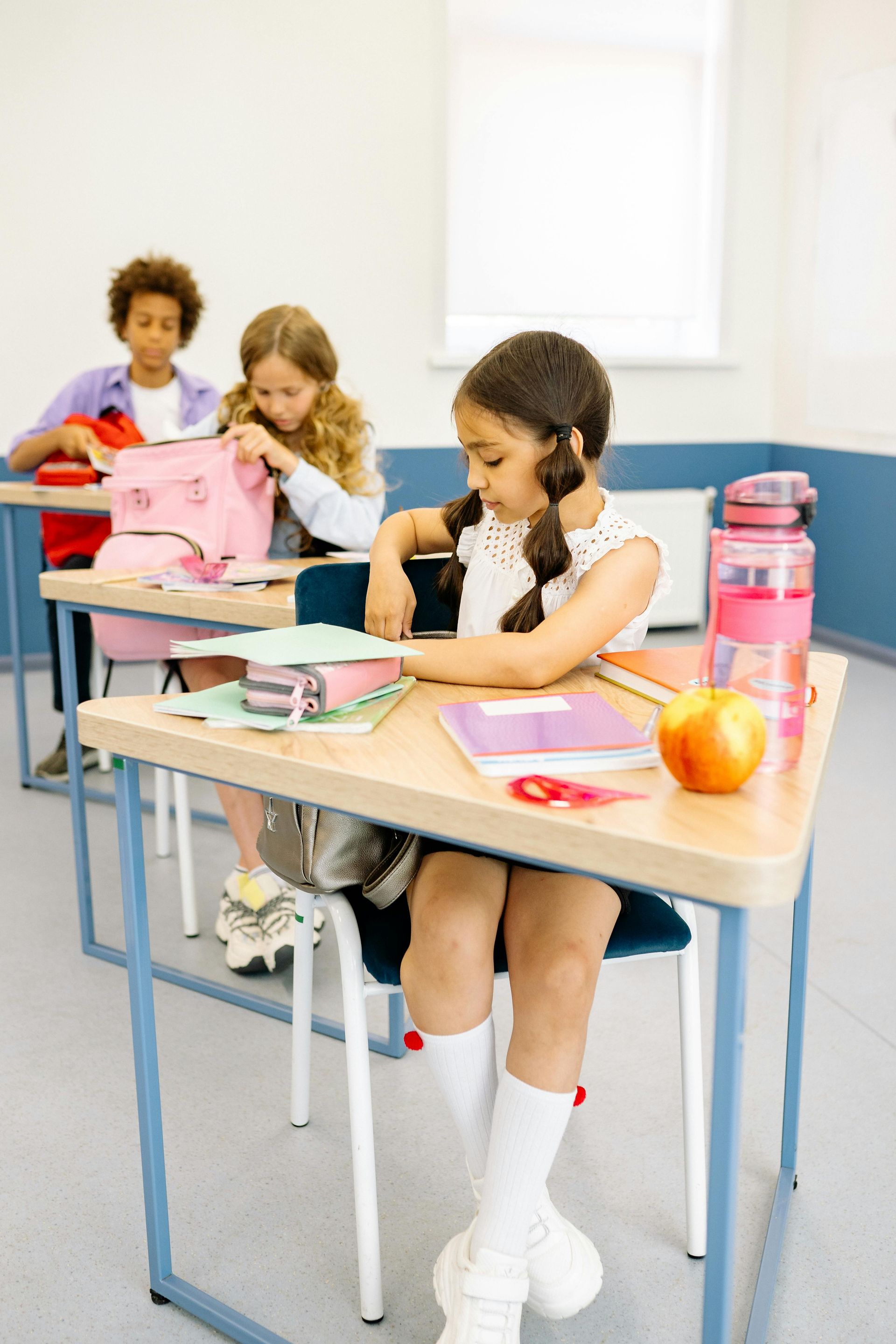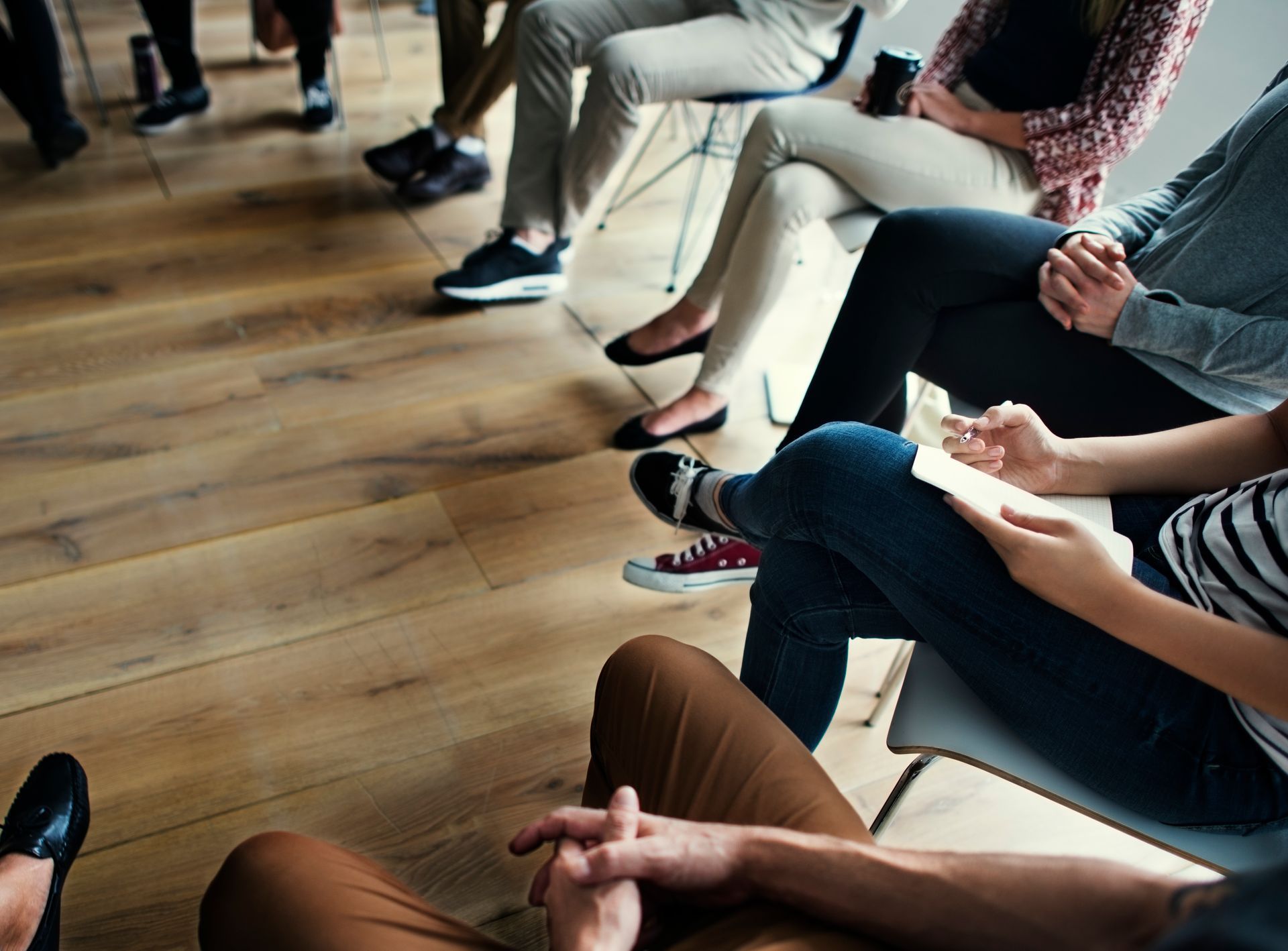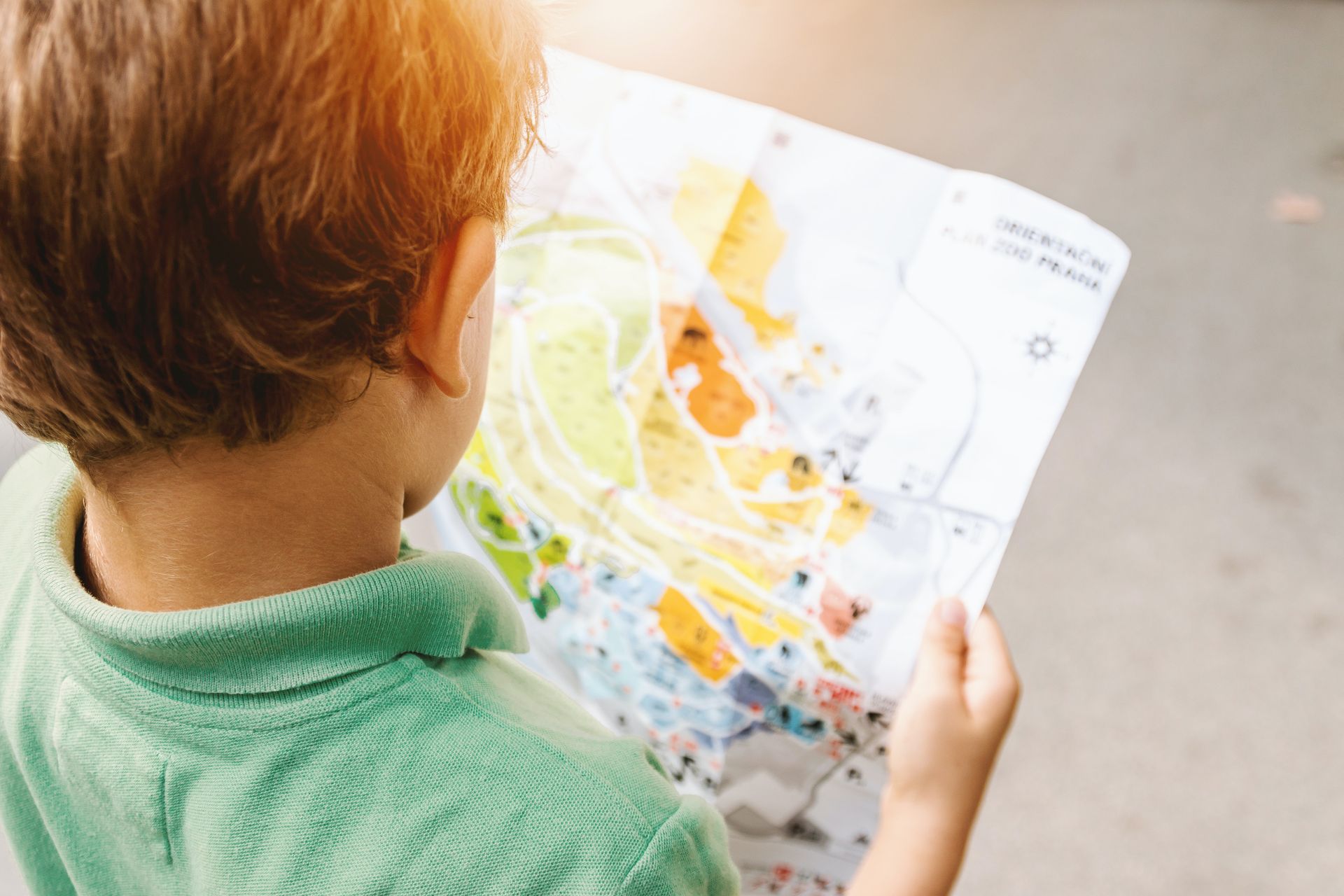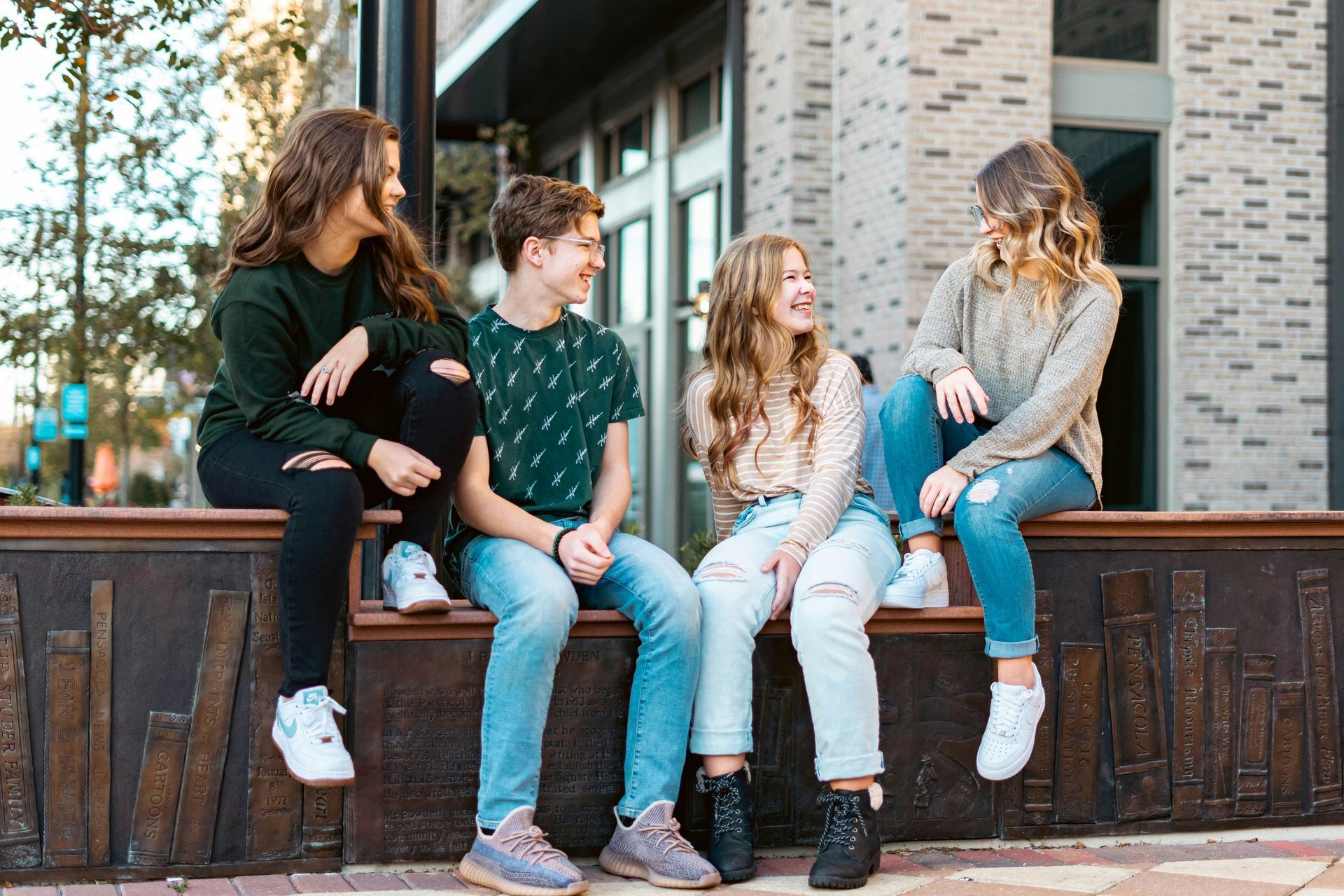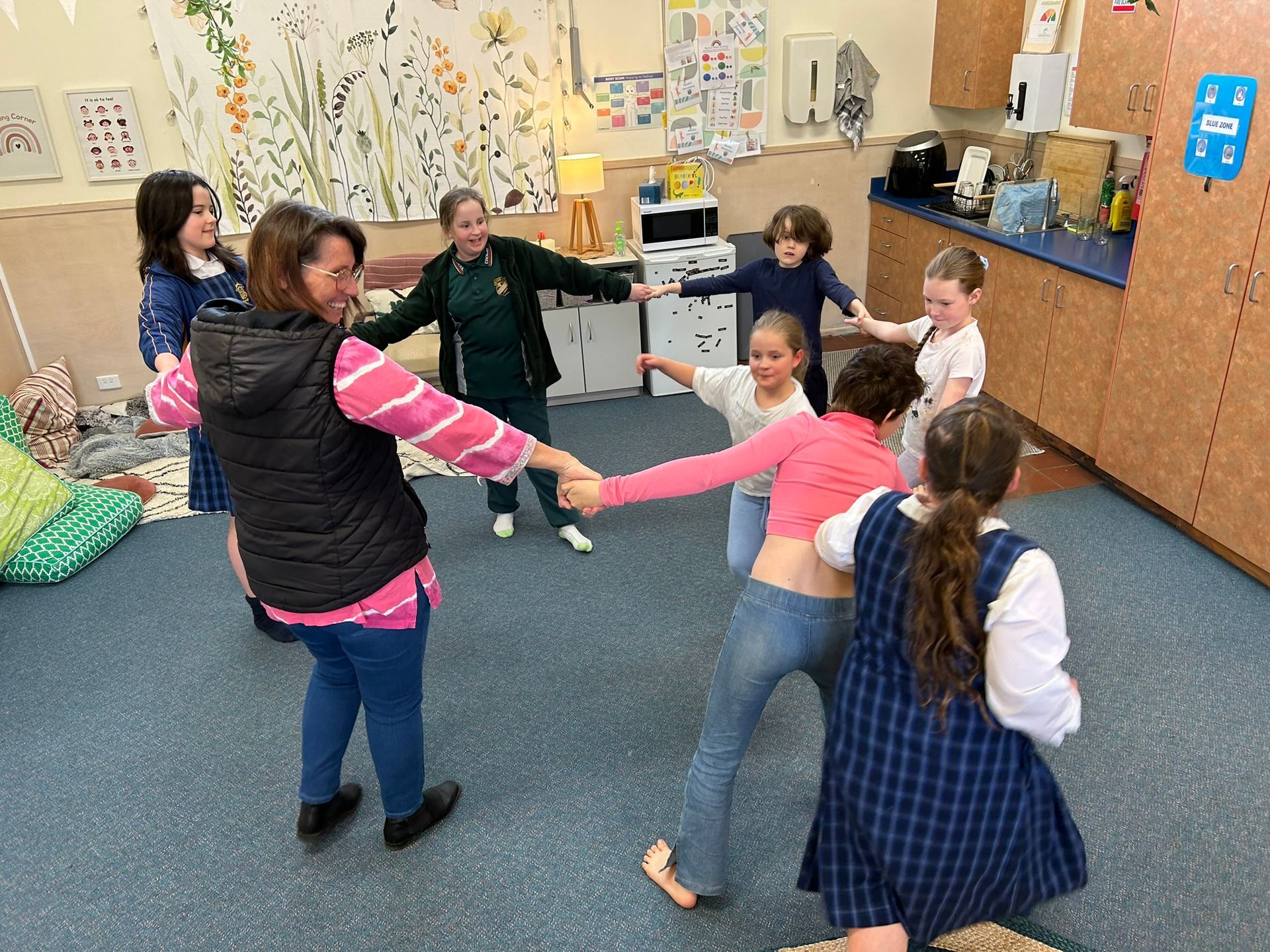Tabletop Role Playing Games for Building Social Skills
How far they have travelled, the inaugural Making Connections Dungeons and Dragons group. At the beginning of this adventure into the Dungeons and Dragons game, the five boys did not know each other, the game or the social conventions and nuances that combine to make role-playing games such a popular social activity for so many in the world.
One year later and after four adventures with one over-arching story it is clear for me to see just what a fantastic vehicle role-playing table-top games can be for young people. Shy boys in the group now speak up, make jokes, bring snacks to share and engage comfortably - these are the very same people who started withdrawn, unsure, uneasy.
Extraverts in the group have grown to now take turns, to hold back on being the first opinion out of the gate, to apologise “sorry, you go first.” They refine and sharpen their jokes, often leaving us all of us in tears of laughter each session.
For another group member, the weekly social event is more than being able to access a safe social space to be himself. Over time he has come to realise that it is his maturity and levity that brings social cohesion to the group, and just how much his peers value him and his contribution. “Oh, thank goodness you've come, we were all worried we were in deep trouble if you didn’t show today. We need you to keep us together!” came a comment from one fellow last session, with affirmative nods from others.
Before we started our “big finale” in the last session, one member of the group proposed an outing over the holidays to see the Dungeons and Dragons movie together. This invitation was met with easy and welcoming acceptance from every member of the group, eager to spend time together outside of the weekly session. I believe the get-together went ahead earlier this week and can't wait to hear from the crew when they return next term.
The shared joy of the jokes, the “ah-ha” moments as they connect the dots to the mysteries and key story points at hand and the way they have come together as a group has been nothing short of an honour for me, their DM (Dungeon Master) to witness.
by Dan Bailey
Group Facilitator & Dungeon Master
𝗡𝗼𝘁𝗲: For those interested, here is a link to a recent report highlighting findings from a collaborative study on the potential benefits of tabletop role-playing games as tools for supporting youth social-emotional skill development.

